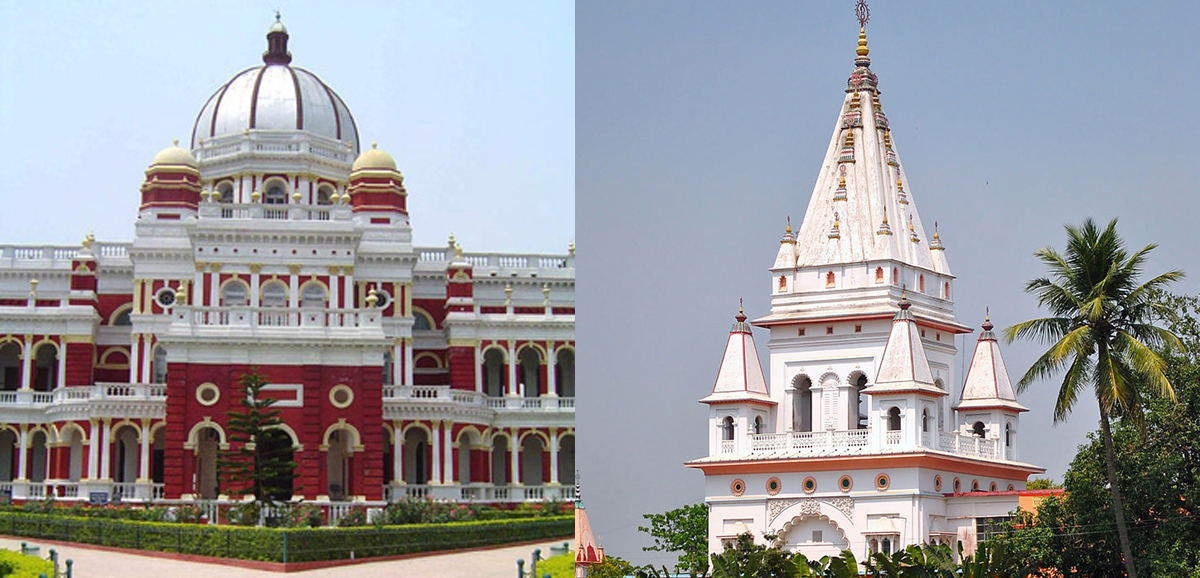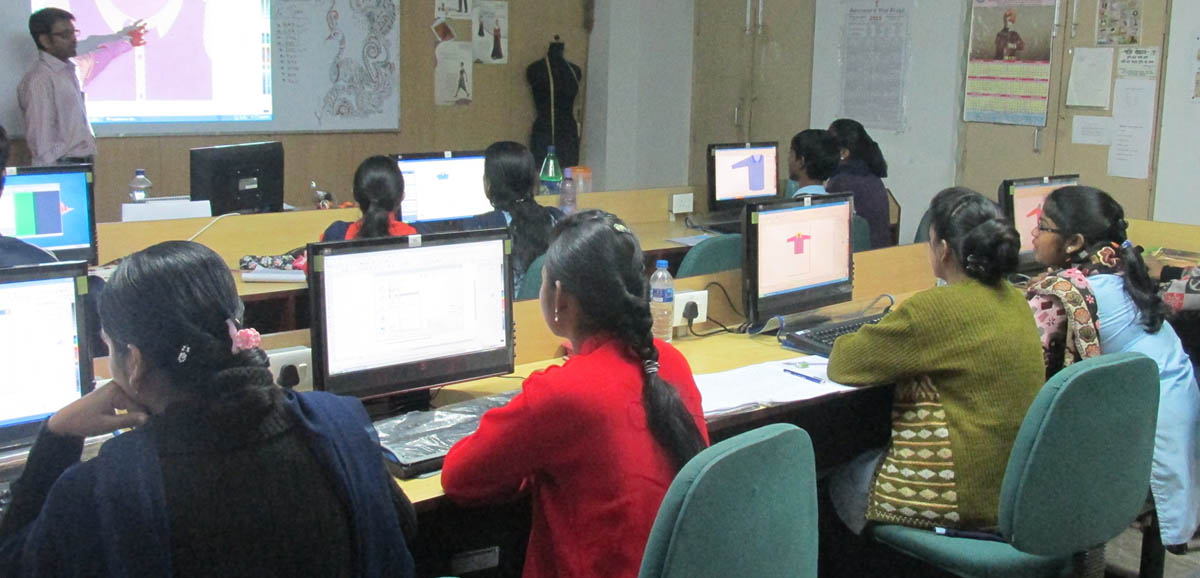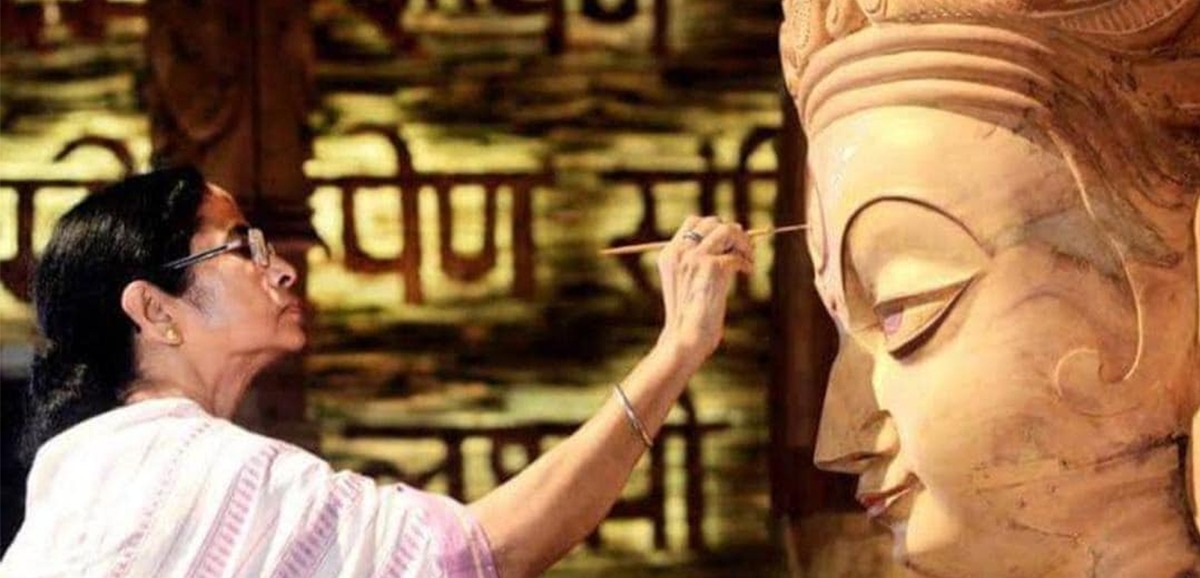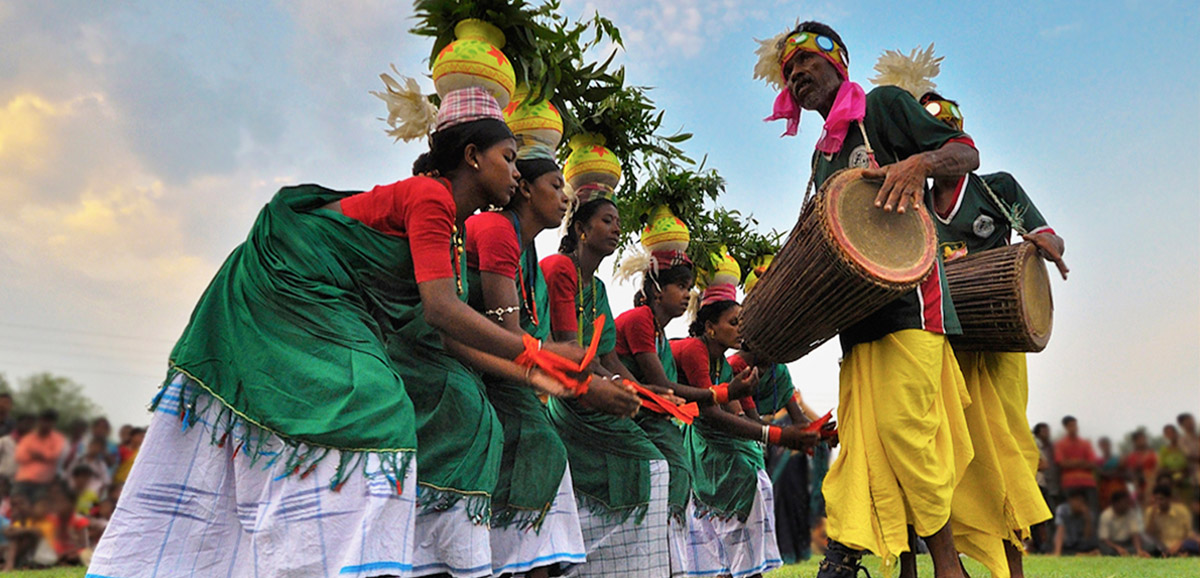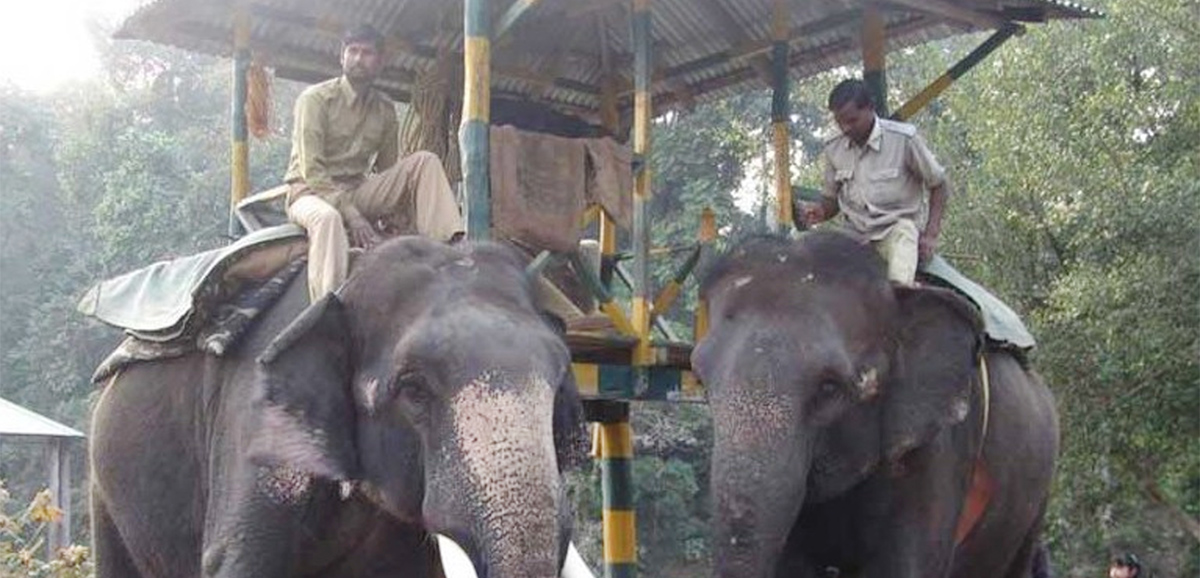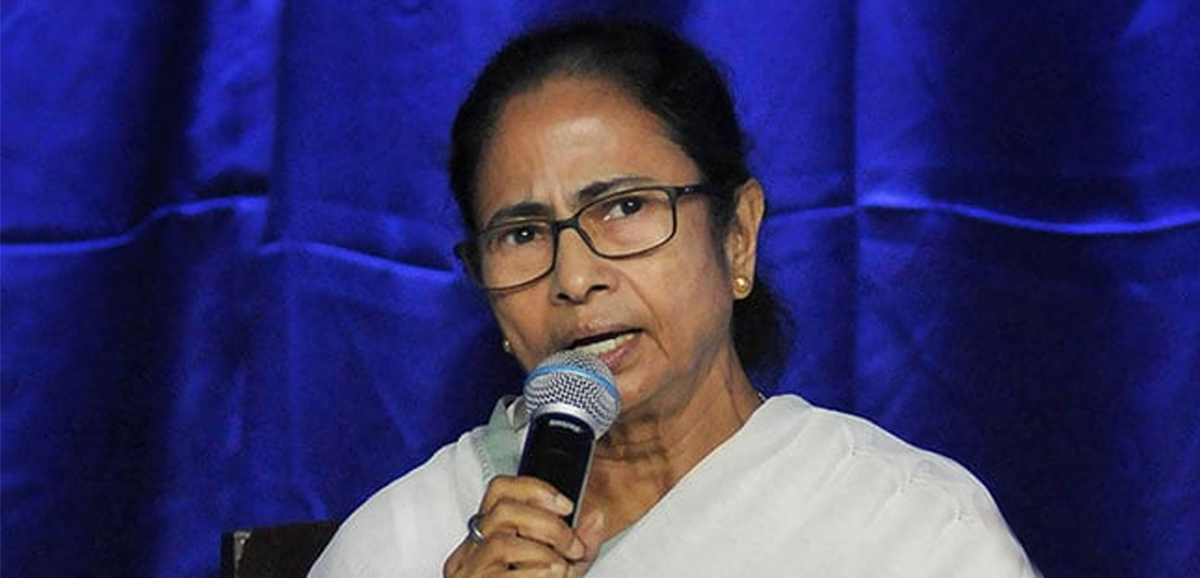The towns of Nabadwip and Cooch Behar have been officially given heritage status by the State Government. The process was in the works for the last few months, and finally, recently, the announcement was officially made.
The decision regarding giving the status of heritage town has been taken by the State Government after detailed studies of the places by teams of multi-disciplinary experts from the Indian Institute of Technology, Kharagpur and the Indian Institute of Science and Technology, Shibpur.
Long and storied history
Both towns have a lot of history and culture entwined with them. Nabadwip is the birthplace of Sri Chaitanya Mahaprabhu, the 16th-century proponent of Gaudiya Vaishnavism.
Cooch Behar is well-known as the capital of the formerly princely state of the same name, and the royal palace there draws a lot of tourists. It is also famous as the site of a famous Ras Mela at the Madan Mohan Bari temple grounds.
The State Heritage Commission has brought out a detailed list of the heritage structures in the two towns. Nabadwip has 86 such structures and Cooch Behar has 155.
Preserving heritage
Being a heritage town comes with several restrictions aimed at preserving the heritage value of the place and keeping the place beautiful to draw tourists. And arrival of more tourists would naturally open up a lot of economic opportunities.
As part of the rules, putting up advertisement hoardings in and around the heritage structures is banned. There are strict rules regarding the sale, lease and renovation of properties and setting them up as lodges. Applications need to be sent to the relevant municipality or zilla parishad, or even to the State Heritage Commission, if required.
Source: Ei Samay

